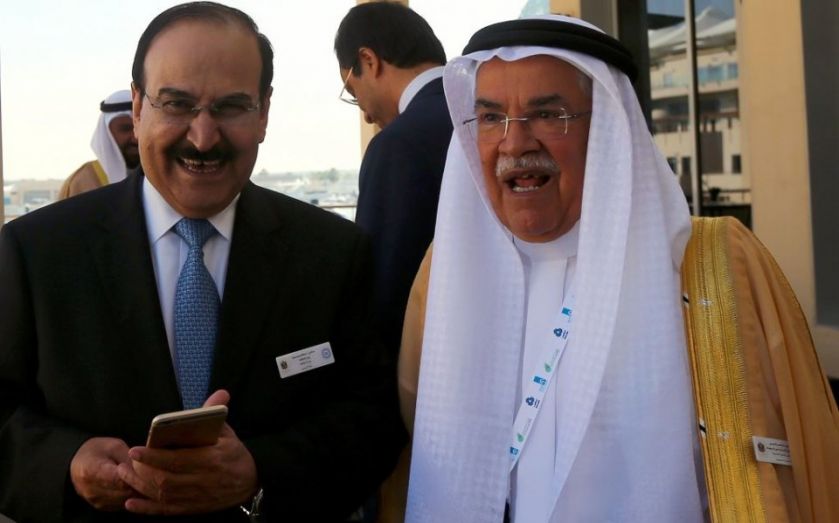Why Saudi Arabia won’t back an Opec output cut – CNBC Comment

What do you do when your carefully crafted plan simply doesn’t pay off? Do you abandon it, cut your losses, but risk losing face, or hold on, risking further economic pain? Saudi Arabia’s oil minister must be pondering that very question ahead of the December Opec meeting.
Exactly one year ago, Saudi Arabia, Opec’s largest producer, caused one of the biggest ever upheavals in the oil market. At the 2014 Opec meeting, it blocked a cut in output, choosing to defend its market share instead of defending the oil price in the face of persistent oversupply. Its aim was to push out the highest cost producers and hope for prices to recover once supply fell. Basic economics 101.
The following year didn’t exactly go according to Saudi Arabia’s plan or to the economic textbook. Brent crude prices plummeted by 45 per cent as US shale production didn’t fall as quickly as anticipated and global oil demand remained weak. And that slump itself was no smooth ride. Volatility was the overriding theme of the year in oil. Many who had called the bottom in March rejoiced in April when prices rallied by 21 per cent, only to see those gains evaporate again.
Is Saudi Arabia now calling it quits? A Saudi cabinet briefing last week seemed to indicate just that. The “cabinet stressed the Kingdom’s role in the stability of the oil market, its constant readiness and continuing pursuit to cooperate with all oil producing and exporting countries.” Oil rallied more than 3 per cent on these comments.
However, Natixis’s Abhishek Deshpande wrote last week: “we still believe, if Saudi Arabia wants its strategy… to work, it is unlikely to give up now when they are seeing the impact of low oil on investments in non-Opec and even Opec now.”
Petromatrix, an oil research firm, struck a more nuanced tone, stating that, while the cabinet’s comments cannot be viewed as a sign that a production cut is imminent, it does signal a slight shift in tone. “We are approaching the Opec meeting with an open mind as we consider the Saudi November 2014 policy as not working.”
But the pros of continuing the drastic policy of defending market share seem to outweigh its cons. First, it is just a matter of time before the Saudi strategy shows through in the form of lower production elsewhere and higher prices. The dynamics of supply and demand will produce an equilibrium at some point. Patience is a virtue here. More and more producers find it uneconomical to produce oil at these prices. Some have gone bankrupt, some have merged. More market cleansing is in the offing.
Second, I simply don’t see why Saudi Arabia as the kingpin of Opec is willing to risk losing face and renege on its strategy. It would equate to Saudi Arabia saying: “sorry guys, the weak oil price is really killing our budget and we got it completely wrong – market forces don’t drive the oil price anymore. Good luck to everyone else out there.”
There is a chance this train of thought is flawed and the oil price would actually rally sustainably were the Saudis to let go of their policy. In that case, Saudi Arabia still faces a huge hit to its credibility and might see its standing within Opec weakened.
Stick to your plan, and wait out the rough ride. The most efficient producers will soon emerge. And until prices recover, the oil consuming nations will get the benefit of an extended tax cut.